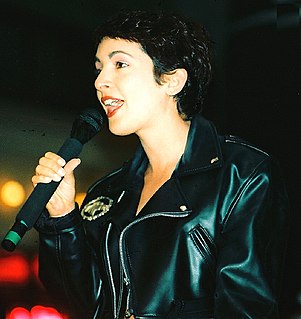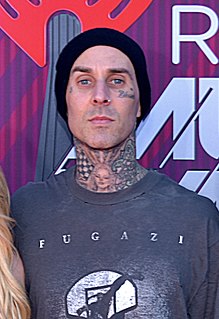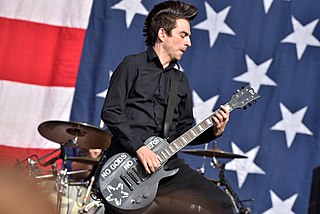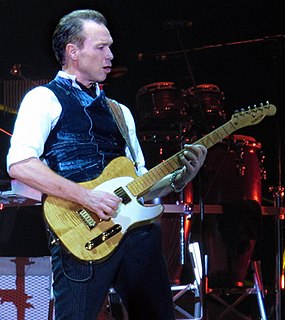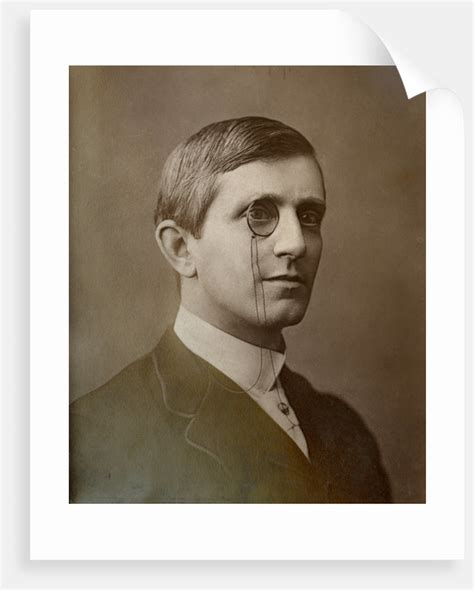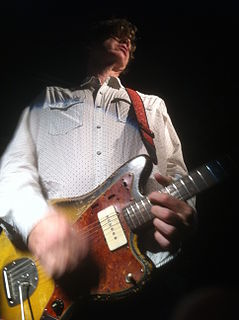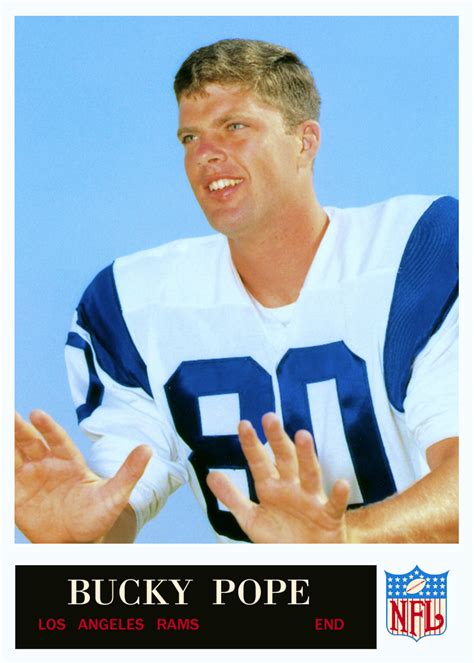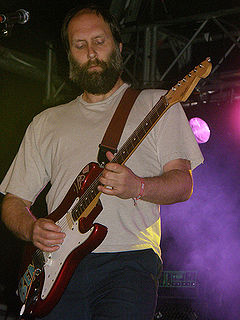A Quote by Kim Gordon
When Punk Rock happened, it created an opening in the culture... it made it ok to think you could play music, even though you had no musical training.
Related Quotes
The music industry went through such a strange stretch in 1977, especially in this country, with the whole punk rock thing coming about. Punk was rebellious-and justified in that response-but it had very little to do with music, and so it created a highly-charged but frighteningly floundering atmosphere that I found very, very disheartening. Musical quality for me has always been an important part of rock'n'roll-and winning recognition for that has long been an uphill battle all the way. Punk seemed like rock'n'roll utterly without the music.
The 1970s was probably the most exciting decade to be a teenager, from discovering Little Richard at the end of the 1960s to glam rock to punk rock to electro music. So much happened in that 10-year span. There were so many musical revolutions. Some were happening at the same time. You had disco going on behind punk. You had Michael Jackson. You had the Sex Pistols.
The whole punk scene is, of course, responsible for the Go-Go's ever getting created. Because before punk rock happened, you couldn't start a band if you didn't know how to play an instrument. But when punk happened it was like, 'Oh, it doesn't matter if you can play or not. Go ahead, make a band.' And that's exactly what the Go-Go's did.
When I was nine years old, I started playing guitar, and I took classical guitar lessons and studied music theory. And played jazz for a while. And then when I was around fourteen years old, I discovered punk rock. And so I then tried to unlearn everything I had learned in classical music and jazz so I could play in punk rock bands.
As a late teenager, the punk movement pushed me further. In particular, the Clash, which happened to leak through the time of disco, showed me that there was this cross-cultural sound that could cut across genres and audiences. Like punk was to disco, rap music was a rebellion against R&B, which had adopted disco and made it worse.



